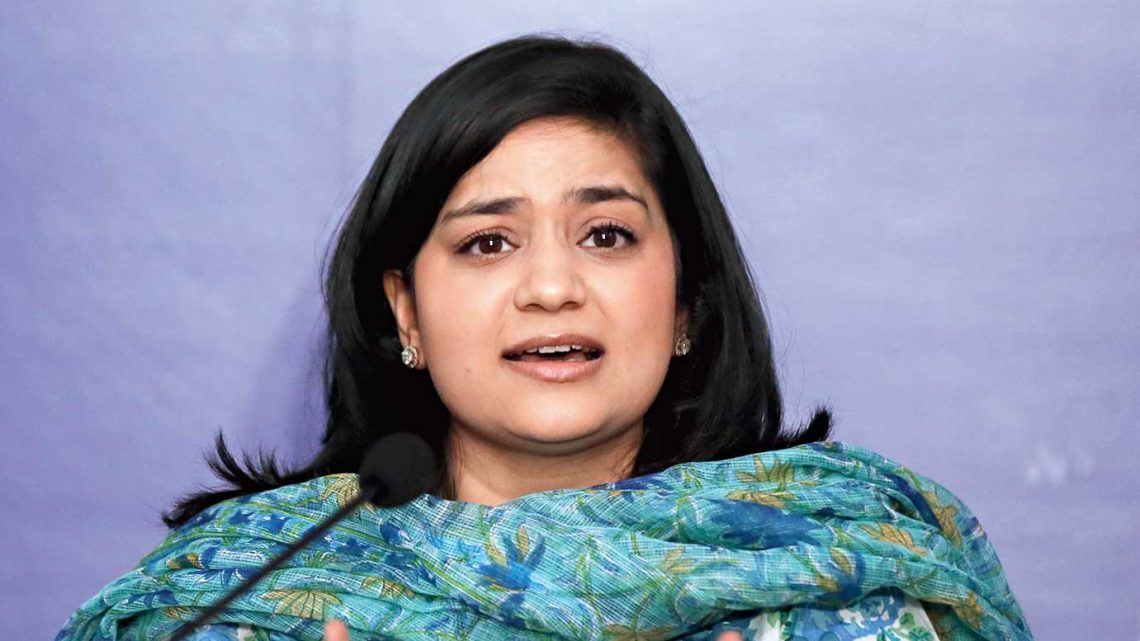
A ‘Rubber Stamp’ Chief Minister Ahead amid Expanded Authority of Lt. Governor in IIOJK: Iltija Mufti
October 7, 2024 Off By Sharp MediaIltija Mufti, daughter of Peoples Democratic Party (PDP) President Mehbooba Mufti, has voiced strong concerns about the future leadership of Indian illegally occupied Jammu and Kashmir (IIOJK). She described the next chief minister as likely to be a “rubber stamp” or “mayor-like figure” due to the increasing powers granted to the lieutenant governor.
Iltija highlighted alarming reports regarding the expanding authority of the lieutenant governor. She pointed out that this official can appoint five members to the assembly and modify its procedures. These powers raise serious questions about the autonomy and effectiveness of the upcoming government.
According to Iltija, the implications of these changes render the future chief minister ineffective. With diminished powers, the next leader may struggle to address the region’s pressing issues. Iltija’s comments reflect a broader concern about the erosion of local governance in IIOJK.
She further questioned how much more authority India intends to seize from IIOJK. This line of questioning underscores the growing unease among many Kashmiris regarding their political future. Iltija’s concerns are not just about governance but about the fundamental rights of the people in the region.
The context of Iltija’s remarks is crucial. The political landscape in IIOJK has changed dramatically in recent years. Since the abrogation of Article 370 in 2019, many feel that local governance has been undermined. The increased power of the lieutenant governor is viewed as a continuation of this trend.
Local leaders have often expressed frustration over the limited scope of their authority. The fear is that the chief minister will merely serve as a figurehead, unable to implement meaningful policies or represent the will of the people. This has led to calls for greater autonomy and restoration of local governance.
Iltija Mufti’s perspective adds to the ongoing debate about the future of Indian illegally occupied Jammu and Kashmir. As residents deals with the implications of recent political changes, questions about representation and governance remain critical. Many are calling for transparency and accountability in how decisions are made for the region.
The situation raises broader issues about democracy and self-governance. How can a government be effective when its powers are significantly curtailed? Iltija’s comments serve as a reminder that the voices of the people must be heard in any political process.
Iltija Mufti’s insights reflect deep concerns about the political future of Indian illegally occupied Jammu and Kashmir. The fears of a “rubber stamp” chief minister highlight the urgent need for a discussion about local autonomy and representation. As the region navigates these challenges, the commitment to democratic principles remains paramount for its residents.

